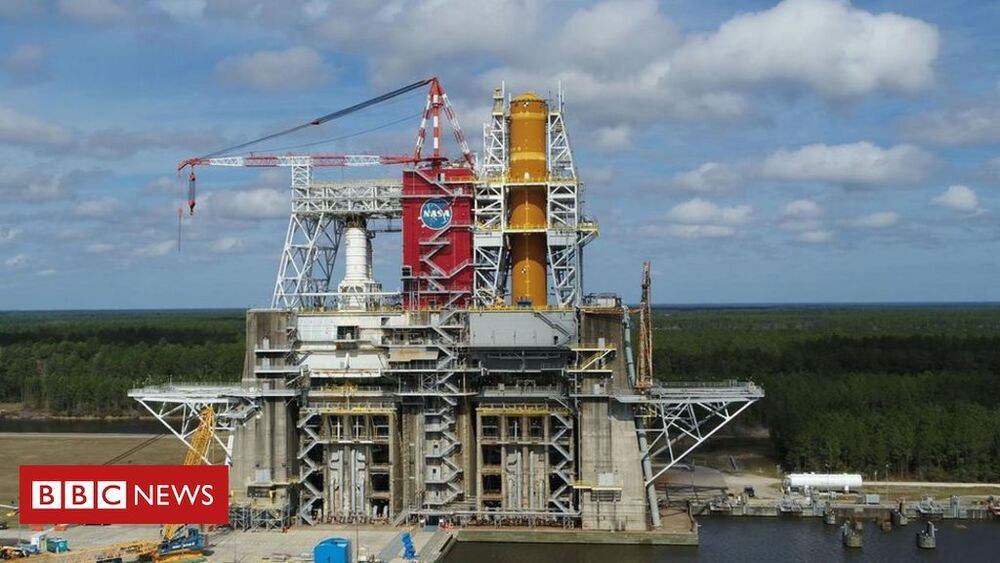Interesting…
A 982 megahertz signal dubbed BLC1 (Breakthrough Listen 1) came from the star, as spotted by the Parkes telescope in Australia in April and May 2019. Most tantalizingly, the relatively nearby star system contains a planet dubbed Proxima b, which is about 20 percent larger than Earth and located in the system’s habitable zone, the area where it’s theoretically possible for life to sustain itself.
The news also met with a healthy dose of skepticism. In a statement released today, the SETI Institute commented on the controversial report. The main takeaway: Breakthrough Listen’s discovery is a candidate, not a confirmed signal.
“Because of its profile, it’s very unlikely that the signal was produced by a natural but unknown cosmic source, but who knows… Nature often surprises us,” reads the statement, penned by SETI Institute senior planetary astronomer Franck Marchis.






